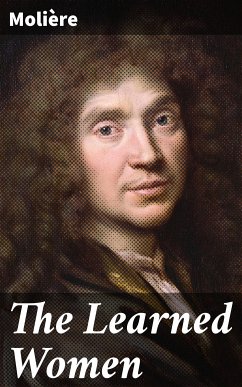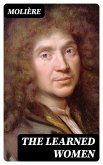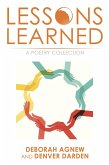In Moliv®re's incisive comedy, "The Learned Women," the playwright crafts a satirical exploration of gender roles and the tension between intellect and domesticity in 17th-century France. Through the character of Armande, Moliv®re critiques the societal expectations placed upon women, juxtaposing their scholarly ambitions with the patriarchal norms of the time. The play is steeped in witty dialogue, marked by its comedic brilliance and sharp observations, showcasing Moliv®re's ability to entwine humor with profound social commentary'Äîelements characteristic of the French comedy genre (comv©die-ballet) that flourished during the period. Moliv®re, born Jean-Baptiste Poquelin, was a pivotal figure in French literature and theater whose own experiences as a playwright and actor revealed the absurdities of society. His acute awareness of the tumultuous cultural climate, particularly concerning issues of education and gender, fueled his desire to challenge the status quo through his art. His connection to the theatrical tradition and personal encounters with learned women of his time undoubtedly influenced the writing of this play, positioning Moliv®re as both a humorist and a social critic. "The Learned Women" is a must-read for lovers of classic literature and those intrigued by early feminist discourses. With its cleverly crafted characters and insightful commentary, this play beckons readers to reflect on the enduring themes of knowledge, power, and the complexities of gender dynamics. Moliv®re's work remains as relevant today as it was in his time, making it a timeless exploration of the human condition.
Dieser Download kann aus rechtlichen Gründen nur mit Rechnungsadresse in A, B, BG, CY, CZ, D, DK, EW, E, FIN, F, GR, H, IRL, I, LT, L, LR, M, NL, PL, P, R, S, SLO, SK ausgeliefert werden.









